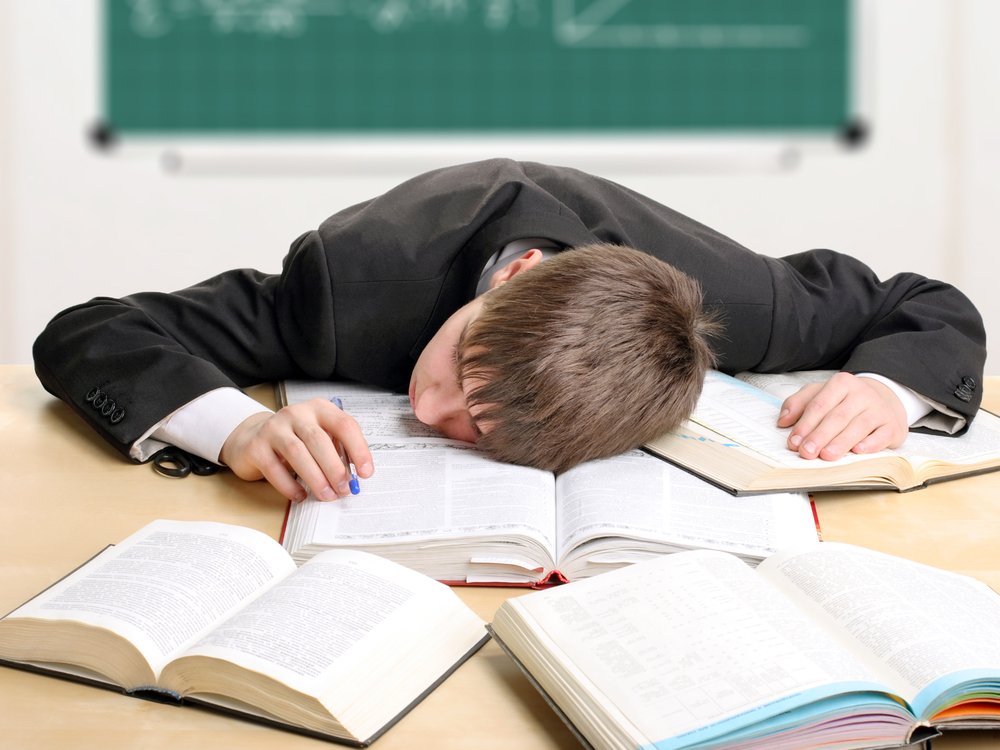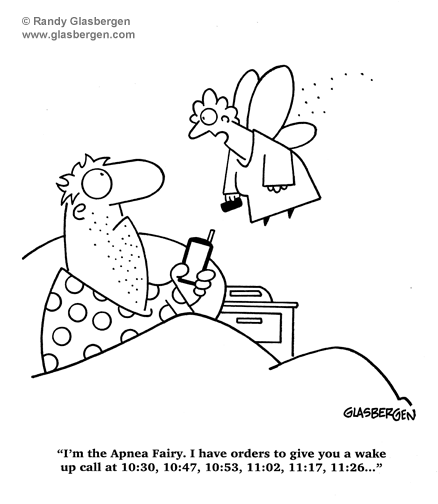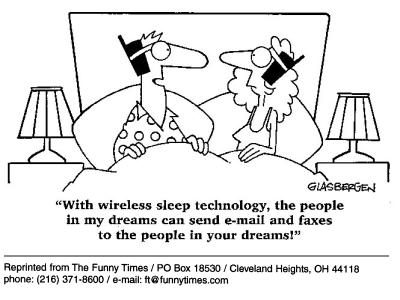
If you want to be an active, energetic person, that is successful in your business, there is an essential key factor that will really help you achieving those goals you have set to yourself: a good night sleep. This may just sound common sense, but there is actually loads of new research coming out that evidences the benefits of regular seven to nine hour sleep. Even though everyone knows about the need of a full night sleep, unfortunately we are still trying to get rid of a strongly entrenched trend in society that for decades has confused sleeplessness with vitality and high performance, particularly in the corporate cultures. Who doesn´t know (or hasn´t identified with) the ambitious person who works all the time, sleeps five to six hours a day for weeks in a row, and is addicted to cups of coffee (the world’s second-most widely sold commodity, after oil) ?
Recent research has brought us evidence of the benefits of sleep, and how sleep deprivation affects our cognitive performance: if one sleeps one day less than 6 hours your reaction speed, short-term and long-term memory, ability to focus, decision-making capacity, math processing, cognitive speed, and spatial orientation all start to suffer. When one keeps maintaining the pattern of 6 or less night sleeps, for weeks in a row the accumulated sleep deficit magnifies these negative effects. Sleep deprivation is implicated in all kinds of physical illnesses, as well, from high blood pressure to obesity.

Dr. Charles A. Czeisler, the Baldino Professor of Sleep Medicine at Harvard Medical School did interesting research about the effects of sleep deprivation. As he says, encouraging a culture of what he entitles: “sleepless machismo” is absurd as it is extremely dangerous and the antithesis of good management. He notes that while corporations have all kinds of policies designed to prevent employee endangerment—rules against workplace smoking, drinking, drugs, sexual harassment, and so on—they sometimes push employees to dangerous sleeplessness by implementing crazy meeting schedules and long hours working days.
Dr. Czeisler message is very straightforward : “If you want to raise performance—both your own and your organization’s—you need to pay attention to this fundamental biological issue”. In an interview given to the Harvard Business review, Czeisler refers to the four major sleep-related factors affect our cognitive performance:
First – Homeostatic Drive For Sleep
The first has to do with the homeostatic drive for sleep at night, determined largely by the number of consecutive hours that we’ve been awake. Homeostasis is the name given to a set of mechanisms of self regulation our body has. One of these is the homeostatic growing drive to sleep, that each one of us accumulates during the day. If we might think we’re in control of sleep—that we choose when to go to sleep and when to wake up, the fact is that in reality its our body that rules here: when the homeostatic pressure to sleep becomes high enough, a couple thousand neurons in the brain’s “sleep switch” ignite, as discovered by Dr. Clif Saper at Harvard Medical School.
Second – The Total Amount of Sleep For Several Days
The second major factor that determines our ability to have improved cognitive performance, such as keeping your attention on a subject, making good decisions, and thinking clearly and quickly, and being effectively productive, has to do with the total amount of sleep you manage to get regularly, for long periods of time. If you get at least eight hours of sleep a night, your level of alertness should remain stable throughout the day, but if you have a sleep disorder or get less than that for several days, you become lacking enough sleep that makes it more difficult for the brain to function. To function well, the brain needs to rest properly and regularly.
The researcher says: “Executives I’ve observed tend to burn the candle at both ends, with 7 am breakfast meetings and dinners that run late, for days and days. Most people can’t get to sleep without some wind-down time, even if they are very tired, so these executives may not doze off until 2 in the morning. If they average four hours of sleep a night for four or five days, they develop the same level of cognitive impairment as if they’d been awake for 24 hours—equivalent to legal drunkenness. Within ten days, the level of impairment is the same as you’d have going 48 hours without sleep.”
Third – The circadian phase
The third factor has to do with the circadian phase, that correspond to oscillations happening in the 24 hours of a day time, that “tell” to the human body: “it’s midnight” or “it’s dawn.” Dr. Charles A. Czeisler mentions an interesting neurological timing device called the “circadian pacemaker” that works alongside but, paradoxically, in opposition to the homeostatic drive for sleep. The circadian pacemaker “turns on” a strong drive for sleep just before we habitually wake up, and a strong drive for waking one to three hours before we usually go to bed, just when the homeostatic drive for sleep is peaking. Research hasn´t explained yet why the circadian pacemaker functions this way. Some possible explanation deals with the fact that unlike other animals, we don’t take frequent naps throughout the day. The circadian pacemaker may help us to focus on some kind of important project by letting us stay awake throughout the day in one long interval and by allowing us to consolidate sleep into one long interval at night.
Sometimes, in the midafternoon, when there is not enough of substantial homeostatic sleep drive, the circadian system might not function very well in keeping us awake. Mid afternoon is typically the time when people are tempted to take a nap, or make a break to drink some more coffee to battle the drive to nap. The caffeine (or any kind of alternative drink) temporarily blocks receptors in the brain that regulate sleep drive. After midafternoon the circadian pacemaker sends out a stronger and stronger drive for waking as the day progresses. Then, if you’re keeping a regular schedule, the hormone melatonin will rise. Melatonin is a sleep-facilitating hormone, that will quiet the circadian pacemaker one to two hours before your habitual bedtime, enabling the homeostatic sleep drive to take over and allow you to get to sleep. For readers considering sleep supplements alongside healthy habits, this Performance Lab article on whether it’s safe to take magnesium and melatonin together outlines how these compounds interact, ideal forms and timing, and who might benefit so you can support circadian rhythm without undermining cognitive performance. As the homeostatic drive dissipates midway through the sleep episode, the circadian drive for sleep increases toward morning, maintaining our ability to obtain a full night of sleep. After our usual wake time, the levels of melatonin begin to decline. Normally, the two mutually opposing processes work well together, sustaining alertness throughout the day and promoting a solid night of sleep.
Fourth – Sleep inertia
Finally the fourth factor that affects our cognitive performance connected to sleep has to do with what’s called “sleep inertia,” the sense of unfocused bleariness some people experience when they first wake up. If we look at our brain mike a motor engine, it´s as if as you awaken, your brain needs sometime to “warm up”. There is a transitional period between the time you wake up and the time your brain becomes fully functional. Research has discovered that part of your brain responsible for memory consolidation doesn’t function well for five to 20 minutes after you wake up and doesn’t reach its peak efficiency for a couple of hours. This is why you never want to make an important decision as soon as you are suddenly awakened.
Other interesting research concerning sleep deficit, shows how chronic sleep restriction increases levels of appetite and stress hormones; Likewise, the day following a ‘less than seven hours of sleep night’ the average person will eat 29% more calories. It seems that a cognitively tired brain doesn’t always make good food choices. This happens due to the metabolic action of the chemicals Ghrelin and leptin. Ghrelin is involved in sending hunger signals whereas Leptin helps to tell you when you are full. When you don’t get enough sleep your body makes more ghrelin and less leptin. Ghrelin will make you eat more!

The conclusions of the various researchers lead to quite common sense advice: If we want to improve your performance, we need to sleep more, at least 7 to 9 hours a night.

Founder Dinis Guarda
IntelligentHQ Your New Business Network.
IntelligentHQ is a Business network and an expert source for finance, capital markets and intelligence for thousands of global business professionals, startups, and companies.
We exist at the point of intersection between technology, social media, finance and innovation.
IntelligentHQ leverages innovation and scale of social digital technology, analytics, news, and distribution to create an unparalleled, full digital medium and social business networks spectrum.
IntelligentHQ is working hard, to become a trusted, and indispensable source of business news and analytics, within financial services and its associated supply chains and ecosystems










